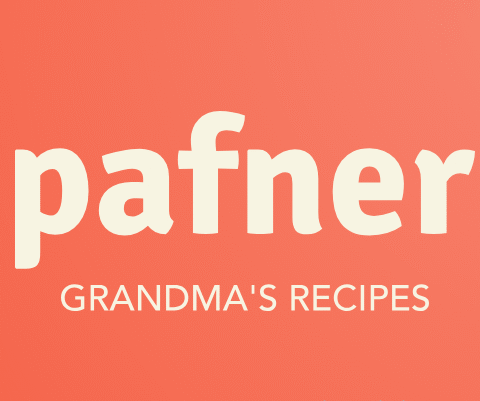Alright, so here’s the thing—I never really considered why ketchup goes with fries. I just… do. Always have. Like, when I’m given fries and there’s not a little plastic cup of ketchup somewhere, it feels off. Like someone forgot a step. Anyway, one day someone casually asked me, “Hey, why is ketchup the choice for fries anyway?” and I just kind of blinked. I literally had no idea. I had never questioned it. Asking about ketchup’s association with fries feels like someone asking why water is wet.
But now I needed to know. So I went on a little journey. I started poking around on the internet, thinking that I could do a quick, silly Google search about it and then move on with my life. Except it turns out the whole thing is… weirdly deep? Like, way deeper and more nuanced than I ever would have guessed. I figured ketchup + fries = forever, right? Turns out, it’s not “forever” at all. And ketchup, was not exactly ketchup how we think of it, either. Also? French fries aren’t even French. I know. I know. We’ve been bamboozled.
The Strange Origins of Ketchup: From Fish Guts to Heinz Bottles
So let’s back up. Ketchup. You think tomato, right? Ketchup is that sugary, tangy red substance that somehow works with food from burgers to scrambled eggs (judge me). But the original ketchup? No tomatoes. Not even close. It was more of a fermented fish sauce from China—called kê-tsiap. And no, I am not making that up. It was basically fish guts and soybeans, and whatever the hell else they could turn into umami gold. People used it to instead season their food, much like people today treat soy sauce and anchovy paste.
Eventually British sailors found this sauce somewhere in Southeast Asia, while they were doing their whole colonial thing, and said, “Neat, we’re bringing this home.” Unfortunately instead of adopting it as-is, they began remixing it. Swapping out certain fish for mushrooms or walnuts or oysters. There was even a walnut ketchup phase. What would that even taste like? Earthy, I guess?

Tomatoes didn’t come into the ketchup discussion until the early 1800s when an American dude named James Mease wrote a recipe down that included tomatoes. However, that was still not the sweet, thick condiment we know of today. The actual ketchup we think of today became Heinz ketchup. Yes, that Heinz. The first product dropped in 1876. It was more stable, more shelf-safe, sweeter, thicker–basically the prototype for the squeeze bottle you’ll find in every American refrigerator.
So, Fries. Not Actually French. Who Knew?
Alright, fries. French fries. Except–spoiler–they’re not French. Or, I mean, they kinda are, but also not at all. The more plausible theory is that French fries originate from Belgium. There were fishing villages along the Meuse River, and, locals would fry fish. But, when the river froze over in the winter, and there were no fish to fry, they would fry thinly cut strips of potato instead. This looks the same, it’s got the same oily crispness. It’s just… potato.
Then, American soldiers came along during World War I, tried these fried things, and brought the concept back with them. Since the Belgians were speaking French, the Americans thought the dish was French. Voilà—French fries. It’s that little faux pas in history that was never corrected.
So When Did Ketchup Get Involved?
Here’s the funny thing: ketchup and fries are not two peas in a pod. The idea that one completes the other? That kind of thing really didn’t catch on until like the 1950s. Sure, people were dipping fries in stuff before then—mayo, vinegar, gravy, whatever. But it wasn’t until fast food restaurants like McDonald’s came about that ketchup became the default. It’s not hard to see the reasoning—fast food is about expediency, and what condiment is cheap, shelf stable, and universally recognized? Ketchup. Plus, fries are salty and greasy and ketchup is sweet and vinegary. They balance out all on their own, without much thought or effort.
The connection was established. It became a habit. And now it’s just accepted.
Not Everyone Dips the Same
But if you zoom out and see what other people are doing all over the world with fries, ketchup starts to feel kind of… basic. Like, in Belgium they’re all about mayonnaise. Slathering it on the side, or even just scooping it directly on the fry. In the UK, they drown their chips in vinegar. And not fancy vinegar either, just vinegary vinegar on fries. The Canadians took a whole other turn with poutine fries + cheese curds + gravy. It’s a hot mess in the best way possible. The Filipinos have even gone and created a banana ketchup. Which is exactly what it sounds like – ketchup made from bananas (with added food coloring to still seem as if it’s made from tomatoes). Surprisingly sweet and tangy. Electrolytes. Ok, not quite but oddly enough it works really well on fries.

Okay, But Why Does Ketchup Go with Fries?
continue reading in page 2





